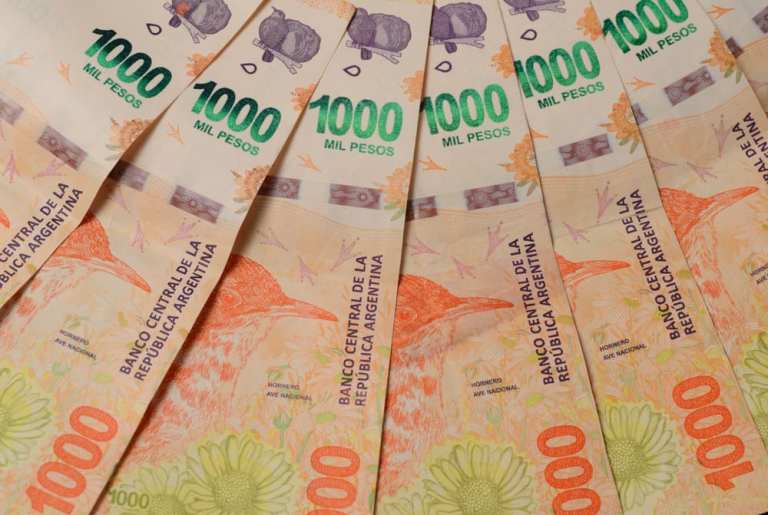Argentine Currency Controls Could Trigger Black Market Trading

Black-market money changers are expected to return in Argentina following the government’s recent rollout of currency controls in an attempt to quell the demand for foreign currency, the Financial Times reported on Sunday (Sept. 8).
“We’ve seen this all before,” a money changer told FT. “It’s still nothing like the boom [of black-market currency trading] under the last government, but logic suggests that this relative calm won’t last much longer.”
The money changer said there is currently only about a 5 percent difference between the official and black market exchange rates, but that could reach 30 percent if demand for dollars increases.
When Argentina President Mauricio Macri took office in December of 2015, he abolished strict currency controls. Although the move was applauded, it resulted in multiple exchange rates and a 50 percent gap between the official and black-market rates. Macri pledged reformation, but the economy has not improved and the country is now teetering on the edge of debt default.
“These currency controls are a bad sign for foreign investment,” a foreign executive told the news outlet. He said he fears “… controls could get harsher, especially if Mr. Macri’s Peronist rival Alberto Fernández wins the presidential elections in October as widely expected. They may be relatively light for now, but this is just the beginning. We don’t know how this will end. But we do know that once you start with currency controls, it can be hard to stop – especially in Argentina.”
In March, Argentina partnered with Binance Labs to support blockchain-based projects. During a four-year term, the Argentine government will match investments from Binance Labs and Founders Labs in up to 10 blockchain projects each year.
“Argentina is at the forefront of blockchain adoption and we’ve witnessed how it’s becoming home to some very passionate blockchain communities during our trip there,” Ella Zhang, head of Binance Labs, said at the time. “…We are very excited to support blockchain projects, entrepreneurs and developers through our Buenos Aires chapter, to advise and mentor them, to find product-market fit and [to] provide them with in-time access to global blockchain technology development to solve local problems.”